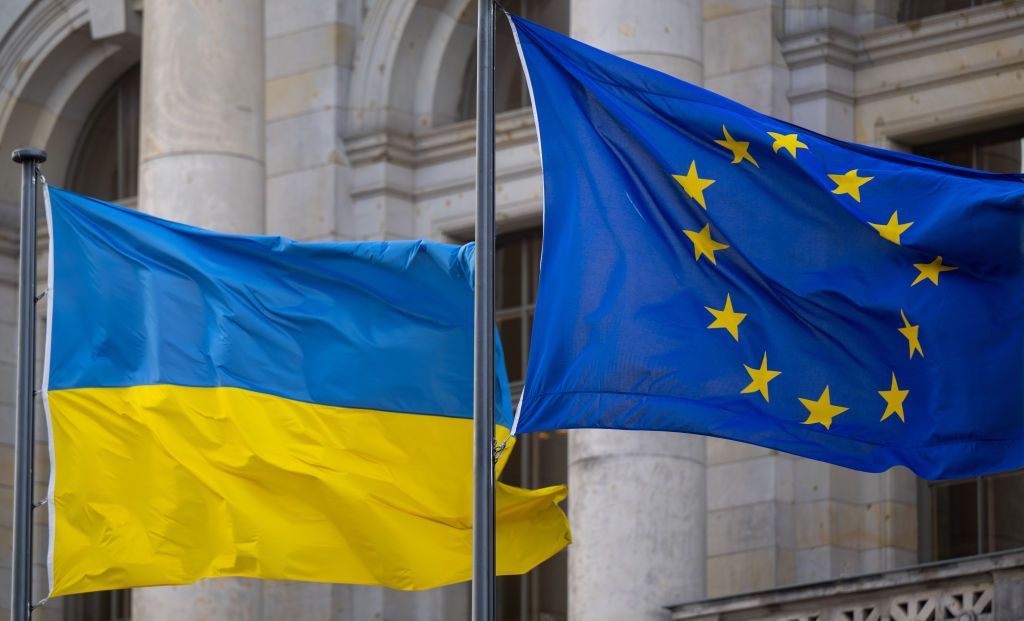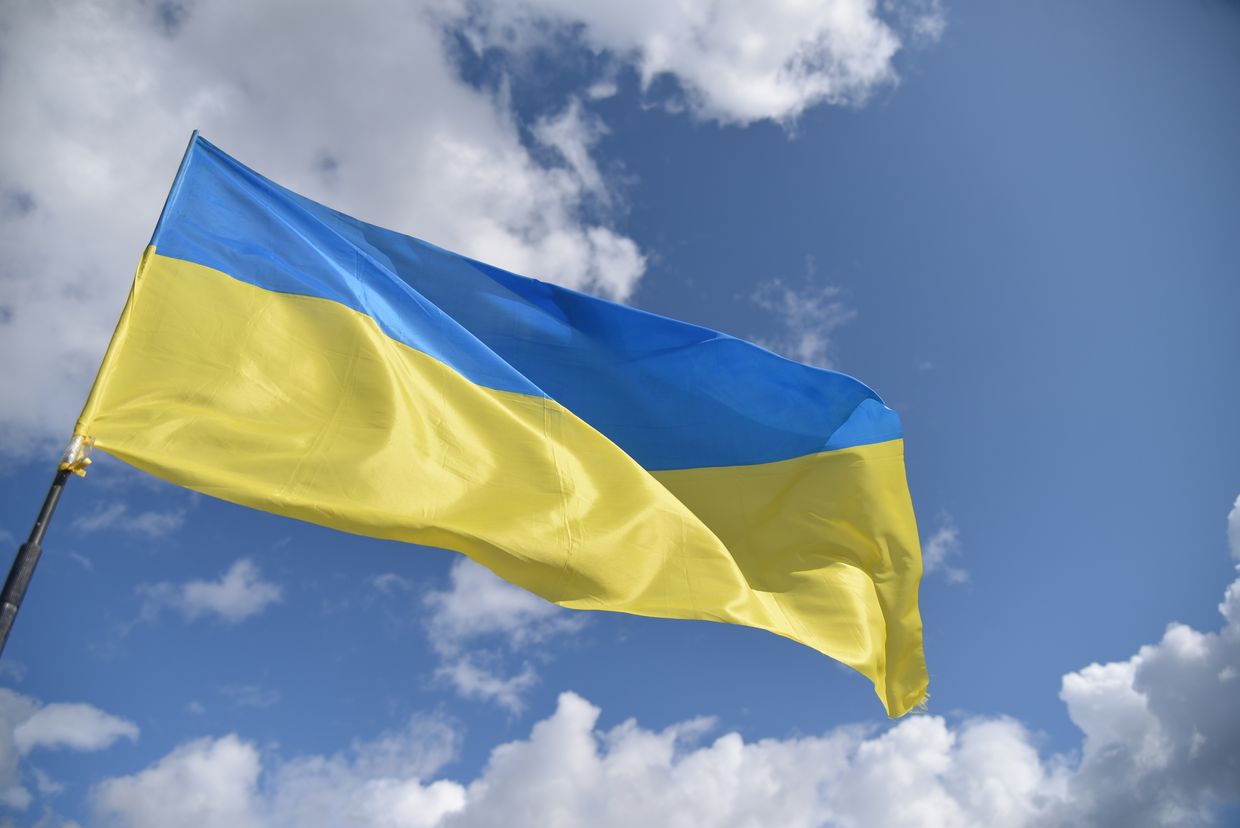MP Yaroslav Zhelezniak: Developments in Ukraine’s parliament on economic reforms, international obligations — Issue 68

Editor’s note: This is issue 68 of Ukrainian lawmaker Yaroslav Zhelezniak’s weekly “Ukrainian Economy in Brief” newsletter, covering events from Aug. 5- Aug. 11, 2024. The digest highlights steps taken in the Ukrainian parliament related to business, economics, and international financial programs.
The Kyiv Independent is republishing with permission.
Benchmarks and soft commitments in the memorandum with the IMF
The Finance Ministry tries to sabotage customs reform.
Last week Serhii Marchenko, Ukraine's Finance Minister, presented the ministry’s vision of customs reform to G7 Ambassadors. The key point of the ministry's idea is to regulate the procedure for appointing a head of customs without a law at the level of a government regulatory act.
There are several problems with such an approach which sabotage an effective reform as a whole.
First of all, regulating the procedure for appointing a head of customs at the level of a government regulatory act is just a temporary solution that does not meet the criteria for a transparent and competitive selection.
Moreover, this approach directly contradicts current Ukrainian legislation. The provisions of the martial law make it impossible to hold competitions for civil service positions during martial law. To enable competitions for relaunching the Bureau of Economic Security, necessary changes were made to the “On the Legal Regime of Martial Law."
Thus, to resume holding competitions for civil service positions in the State Customs Service, the above-mentioned law must be again amended.
If the competition for appointing the head of customs or other custom service positions are held based on a government regulatory act, as the Finance Ministry is suggesting, its results can easily be annulled by a court decision. It puts at risk the reform and the independence of the new head of customs.
That’s why the Committee on Finance, Tax and Customs Services, Ukrainian key business associations and NGOs insist that all changes regarding the customs reform and the procedure for appointing the head of customs can be done only by changing the law.
A working group of the tax committee has already finalized draft law #6490-d for a second reading on the restart of the State Customs Service (SCS). As we reported in Issue 65, during the meeting of the working group the State Customs Service and the Finance Ministry agreed with the text. All key provisions of the draft law on customs reform are designed in line with the adopted draft law on the restart of the Economic Security Bureau which was supported by all international partners. The Tax Committee is ready to consider the draft law and recommend it to the Parliament as soon as possible.
Obligations to the EU
The president signed a draft law which is required under the Ukraine Facility.
President Volodymyr Zelensky on Aug. 6 signed draft law #11355 on the prevention and control of industrial pollution which was adopted by Ukraine's parliament, the Verkhovna Rada, in mid-July. The draft law is one of the obligations in the Ukraine Plan under the Ukraine Facility with a deadline of the end of September.
Other key economic issues
The president extended martial law and general mobilization in Ukraine.
President Zelensky signed draft laws to extend martial law and mobilization from Aug. 12 for another 90 days until Nov. 9. It’s the twelfth prolongation of martial law since the beginning of the full-scale invasion.
International Reserves in Ukraine amount to $37.2 billion in July.
According to the National Bank of Ukraine (NBU), in July, Ukraine’s international reserves declined by 1.8% and stood at $37.2 billion as of Aug. 1. According to the NBU’s official statement, such dynamics were driven by the NBU’s foreign exchange interventions to compensate for the structural deficit of foreign currency and smooth out exchange rate fluctuations, as well as by Ukraine’s foreign exchange debt repayments. International reserves are now covering 4.8 months of future imports.














